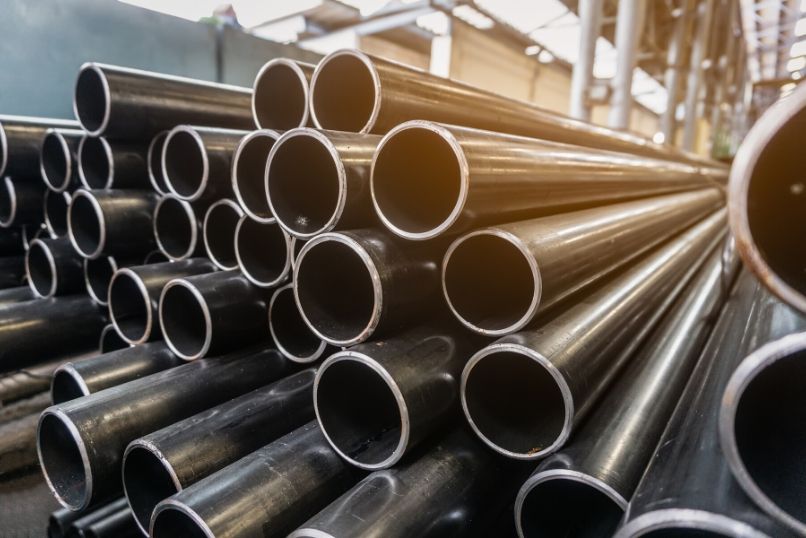An alloying element can alter the mechanical and chemical properties of steel. Alloys are regularly used to adjust different attributes of the steel to make it more viable. A mixture of carbon and iron, steel gains advantages such as corrosion resistance and added strength when alloyed with other elements. Many elements can be alloyed with steel; check out this guide to the effects of these common alloying elements.
Chromium
Chromium is one of the most common elements used to create a steel alloy, and it’s therefore one of the most common metals in a home. When more than 11 percent of a steel alloy is made up of chromium, it’s called stainless steel. Stainless steel is very resistant to corrosion, and it’s also immune to oxidation. It’s stronger and harder than basic steel and able to be treated at reasonably high temperatures without issue.
Vanadium
Vanadium is another element that’s commonly used to create steel alloys. Vanadium adds increased strength and hardness to the steel, which then becomes more wear-resistant and better able to handle shock impacts. This is due to the fact that vanadium keeps the grain growth at bay—smaller grain sizes result in better impact resistance. This alloy is most commonly used for high-speed metal-cutting tools.
Manganese
Manganese is used to alloy steel for metals that need to be forged. Manganese gives the steel higher strength, better hardness, and more resistance to wear. This is true even at extremely high temperatures. As a result, the metal alloy is able to be formed and shaped into a variety of items with more ease than with other metal alloys or with steel alone.
Nickel
The addition of nickel to steel is another common creation. Many businesses purchase nickel and its alloys for their high corrosion and temperature resistance. The addition of enough nickel turns the steel into what is called austenitic stainless steel, which is tougher and harder but no less ductile. It has a high corrosion resistance even at extreme temperatures. Nickel steel alloys are unique in that they can uphold their strength even in extremely cold temperatures. The temperature range in nickel steel alloy is one of the most diverse.
For all your metal alloy needs, look for a trusted metal alloy supplier. Here at Wieland Diversified, we aim to supply exactly what you need.

